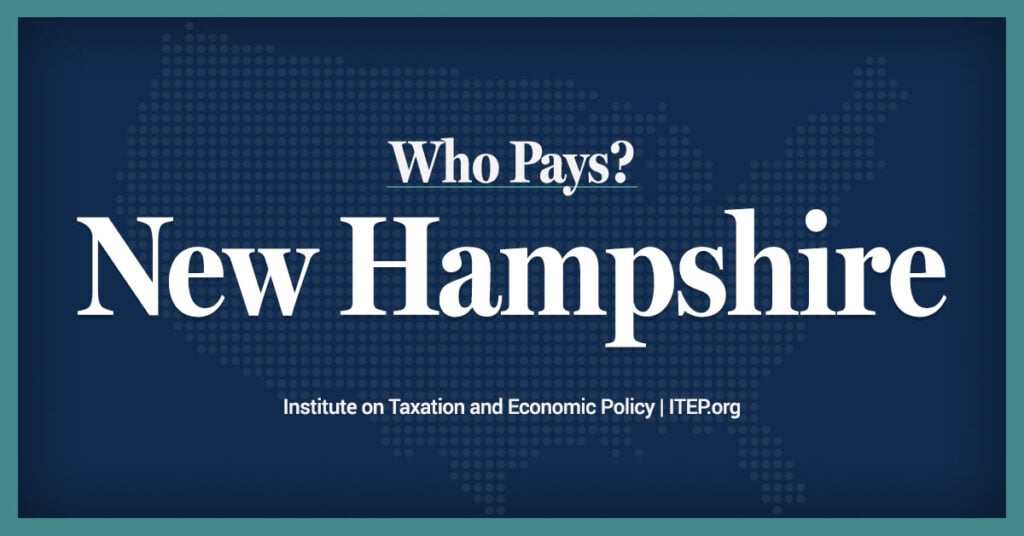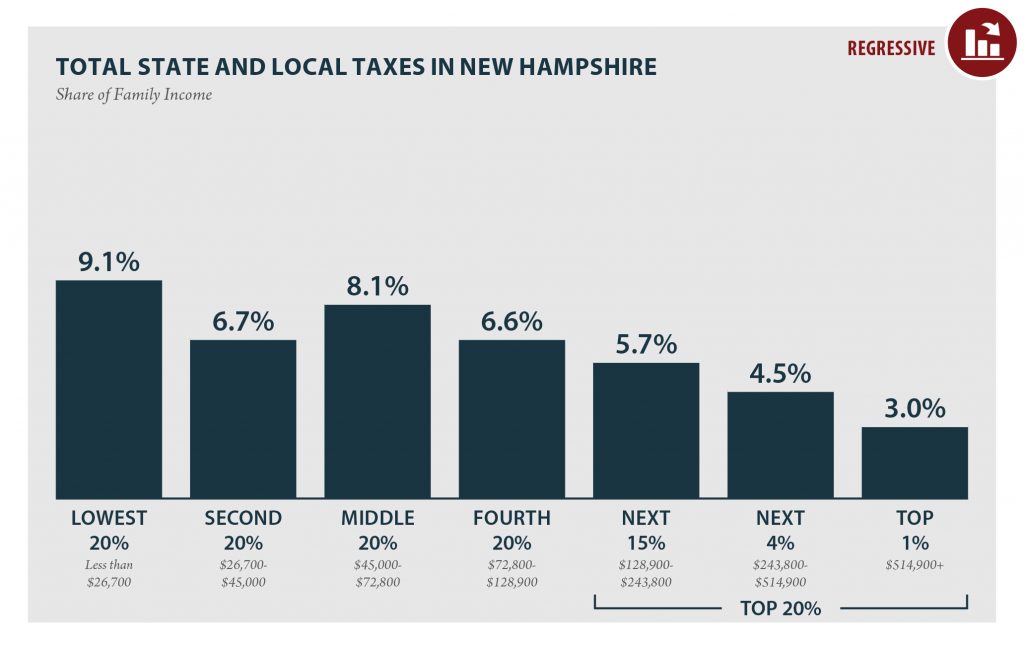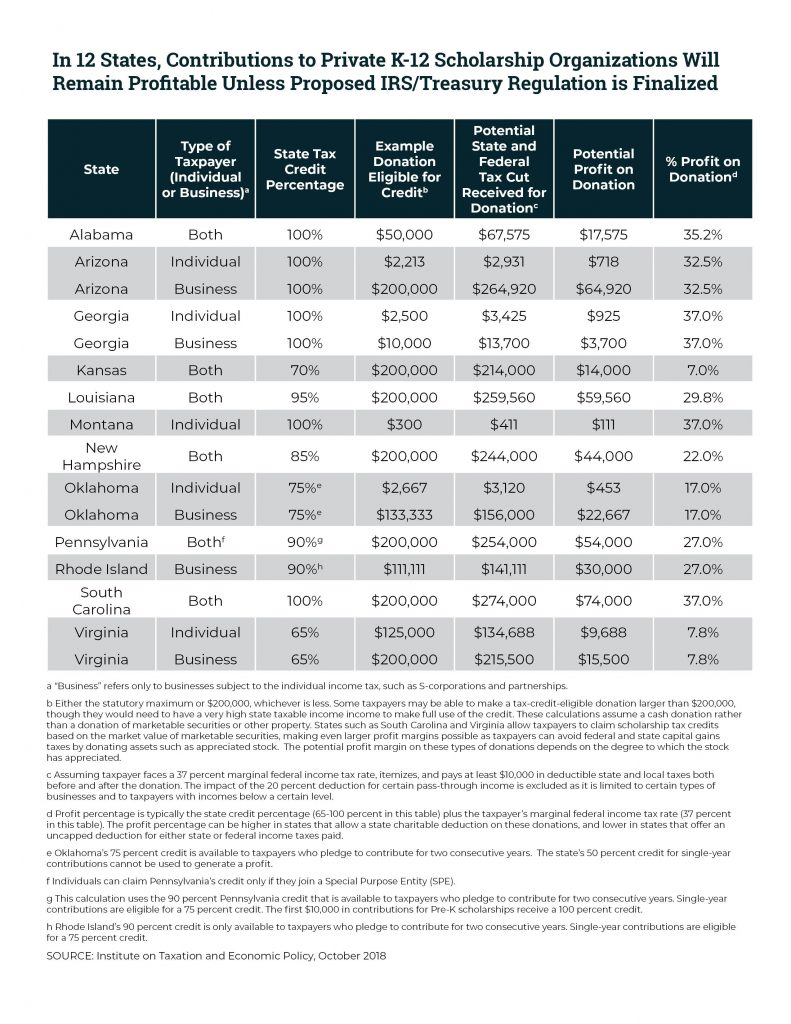August 16, 2011
by Simon Rios
EDITOR’S NOTE: This is the second in a five-day series of stories profiling leaders in Nashua’s Latino community.
Only a small percentage of Americans ever attain medical degrees, and even fewer hold unorthodox opinions on the origin of heart attacks. But Alejandro Urrutia, a native of Mexico and resident of Hudson for 22 years, has both.
He also takes a strong stance in favor of the estimated 11 million undocumented immigrants who reside in this country.
“This is not a plague,” Dr. Urrutia said in a recent interview at the Red Cross on Amherst Street. “These are human beings that are looking for better lives for their families. The same reasons our ancestors came here.”
“Just to use law enforcement as a solution for immigration,” Urrutia said, “that is a big mistake that costs a huge amount of money to the United States.”
Being a U.S. citizen and coming from an affluent background in Mexico, Urrutia has it easier than most immigrants. But he feels a moral imperative to use whatever privilege he has to stand with the undocumented.
Not only did he run for state representative in 2008 and 2010, he’s also a leading member of Hispano Vision, Latinos Unidos, the Granite State Organizing Project, and a state panel that reports to the U.S. Commission on Civil Rights.
“There are a lot of very qualified workers that are needed here in the United States, and that is why we need comprehensive immigration reform.”
He’s critical of the Obama administration for not doing enough to address the immigration issue, while respecting human dignity.
Yet, Urrutia still believes pro-immigrant Latinos should support Obama, and convince his administration to pursue a path to legalization for hard-working and law-abiding undocumented immigrants.
Urrutia said that with trade pacts such as NAFTA, American companies set up factories in Mexico to pay poverty wages, even by Mexican standards.
But it’s a contradiction that Mexican workers aren’t allowed to enter the United States as American money enters their country with minimal regulation.
Through his work, Urrutia aims to dispel what he sees as misconceptions about the immigrant population, such as the myth of the “anchor baby,” that crime is rife among undocumented immigrants or that they don’t pay taxes.
A recent study by the Institute on Taxation and Economic Policy showed that undocumented immigrants paid $11.2 billion in state and federal taxes in 2010. In spite of their contribution to Social Security and Medicare, they are not eligible to receive benefits.
“Another misconception is that undocumented immigrants come here to get benefits,” he said. “That’s not true. They don’t get any benefits.”
Urrutia traces his political beginnings back to Mexico City. In college he organized against the one-party rule of the Institutional Revolutionary Party and joined the student movement of 1968.
Expressing his belief that the movement was being infiltrated by anti-democratic elements, however, he was tracked down and beaten in the streets.
In Mexico, Urrutia studied cardiology under Dr. Demetrio Sodi Pallares, “the father of deductive electrocardiography.” But his political woes forced him to interrupt his residency in Mexico. He returned to the land of his fathers, Spain’s Basque country, where he witnessed the final year of Francisco Franco’s dictatorship. In Bilbao he did dual residencies in cardiovascular surgery and cardiology.
Urrutia later applied for postgraduate studies at the University of Miami and received his U.S. citizenship shortly afterward.
Though he works now with the Red Cross, Urrutia said U.S. medical regulations prevent him from working as a cardiologist.
“That is a problem that professional immigrants have here,” he said. Not having done his medical residency in the United States, he is not allowed to practice his specialty. Urrutia says there is a tremendous pool of immigrant talent that is going to waste for similar reasons.
There are other obstacles to his continuing to work in cardiology. His ideas about heart attacks conflict with the predominant knowledge in the field, which he thinks ignores potentially fundamental causes of the condition.
Urrutia aspires to do research to test his hypotheses, derived largely from the work of Dr. Sodi Pallares. He is currently seeking opportunities to make this happen, though funding is difficult to come by.
In spite of this, and in spite of two unsuccessful runs for the New Hampshire House, Urrutia’s political work continues.
He recently raised the issue of immigration enforcement at a meeting of Hudson’s Board of Selectmen, claiming the decision to cooperate with Immigrations and Customs Enforcement had created a welcoming environment for white pride demonstrators who choose to gather here each year.
“My town became very famous because of that contract with (Immigration and Customs Enforcement),” he said. “I want that to change. And I want my community to know more about immigration.”
He hopes the town will make a declaration against the annual rally.
“The Board of Selectmen should work with minorities, and state that the town of Hudson doesn’t welcome white supremacists. They have the right to be there, but the board doesn’t endorse them. They should also say that the town will not tolerate profiling on the part of the police.”




